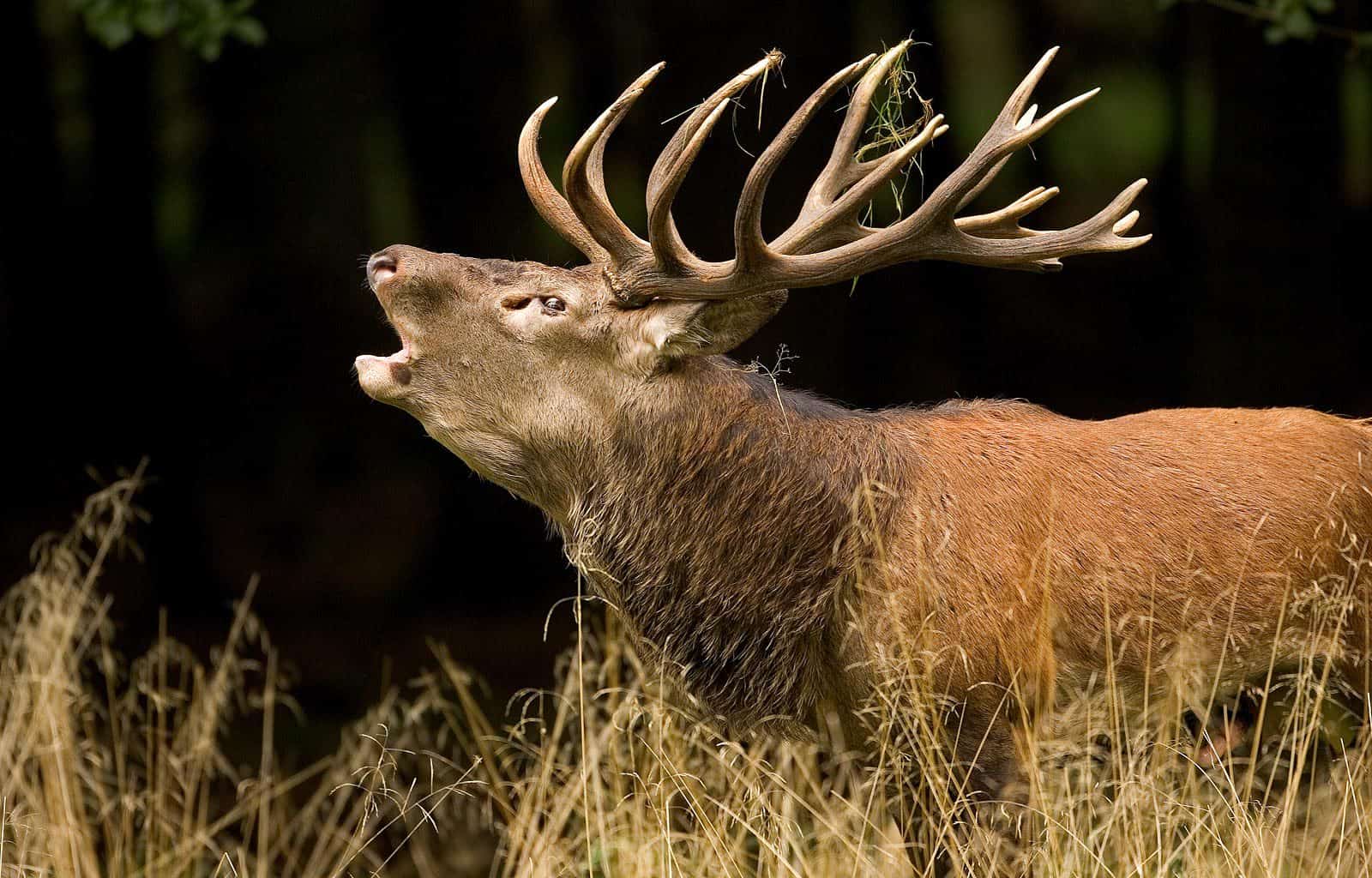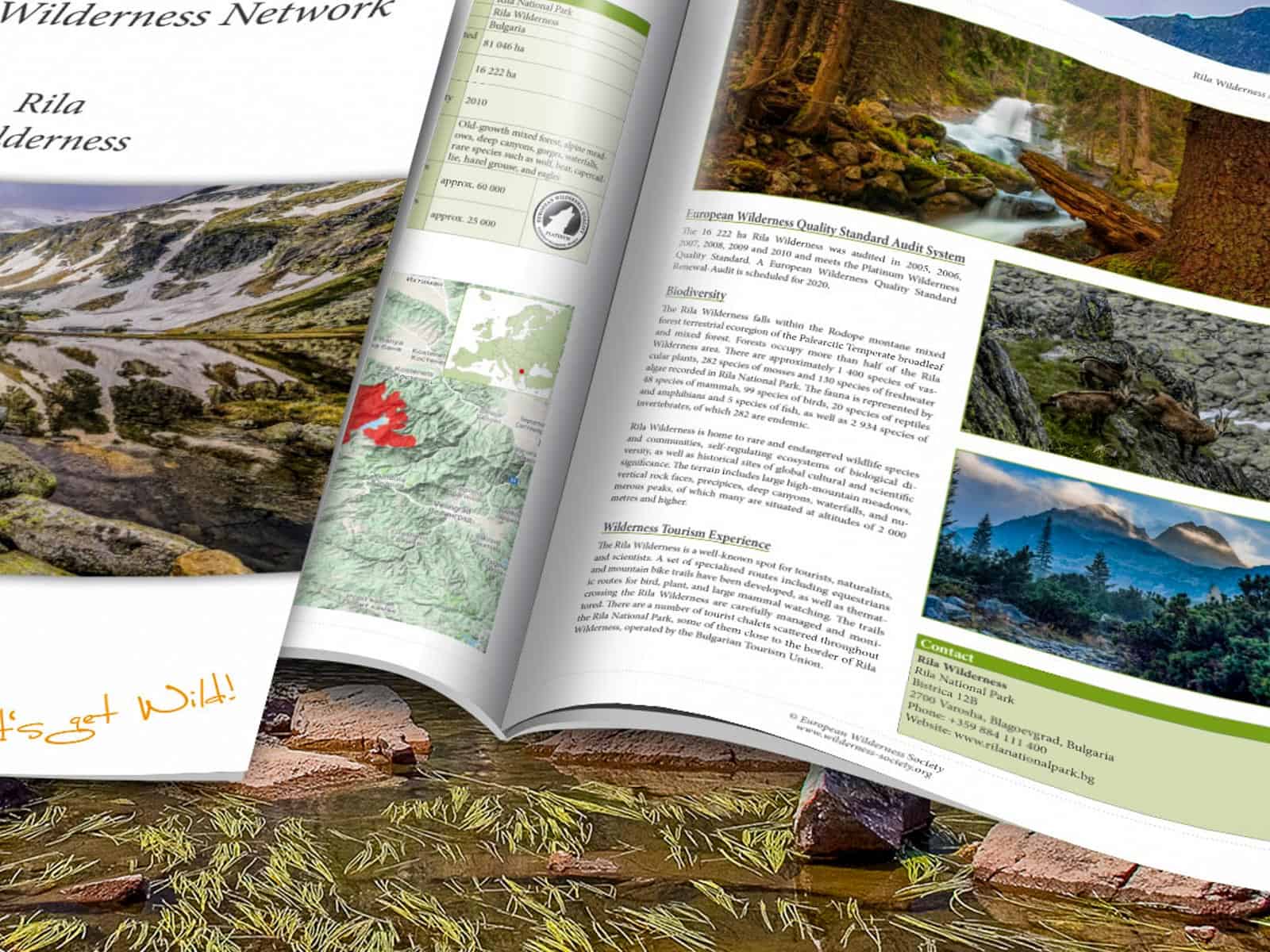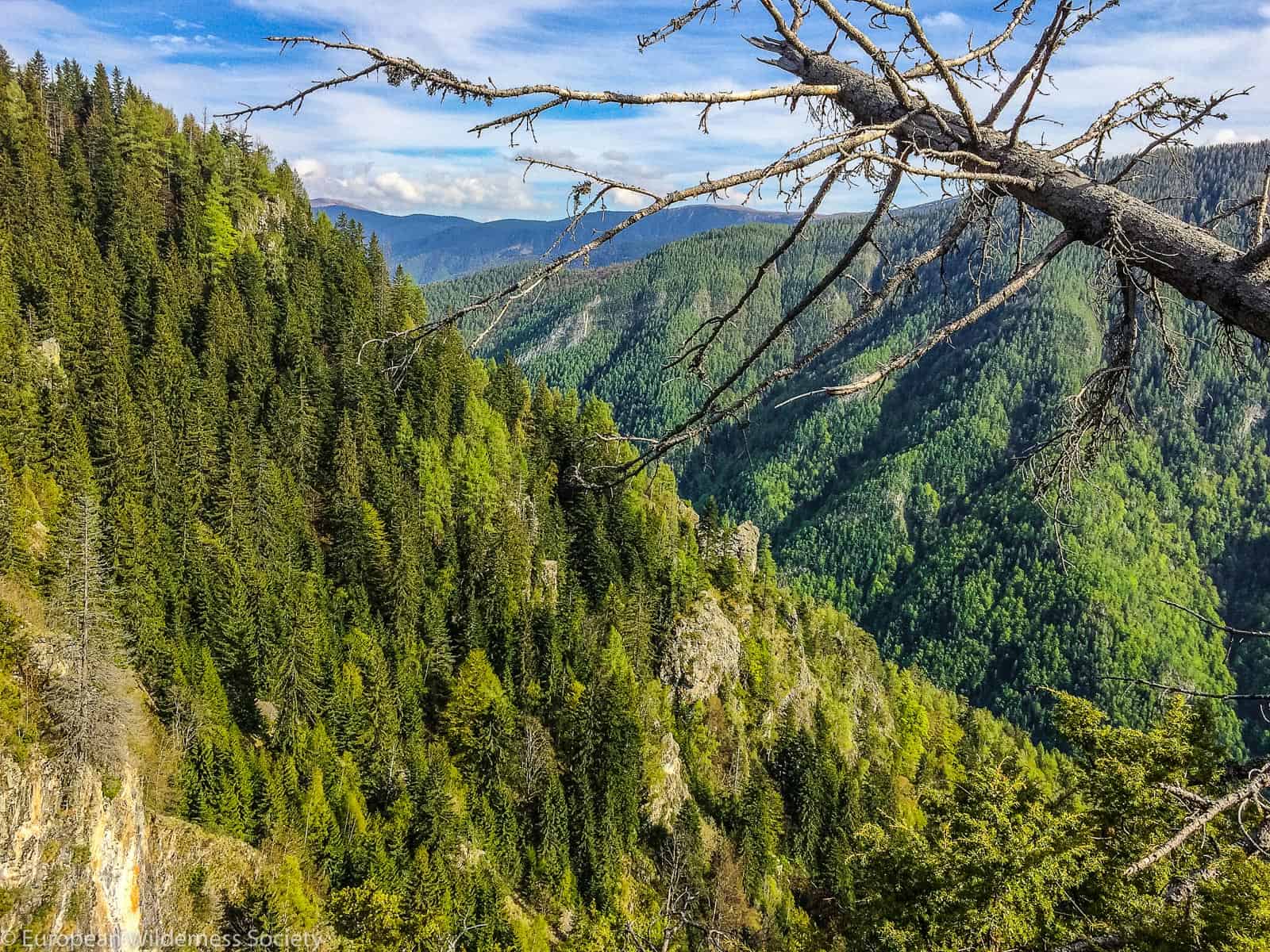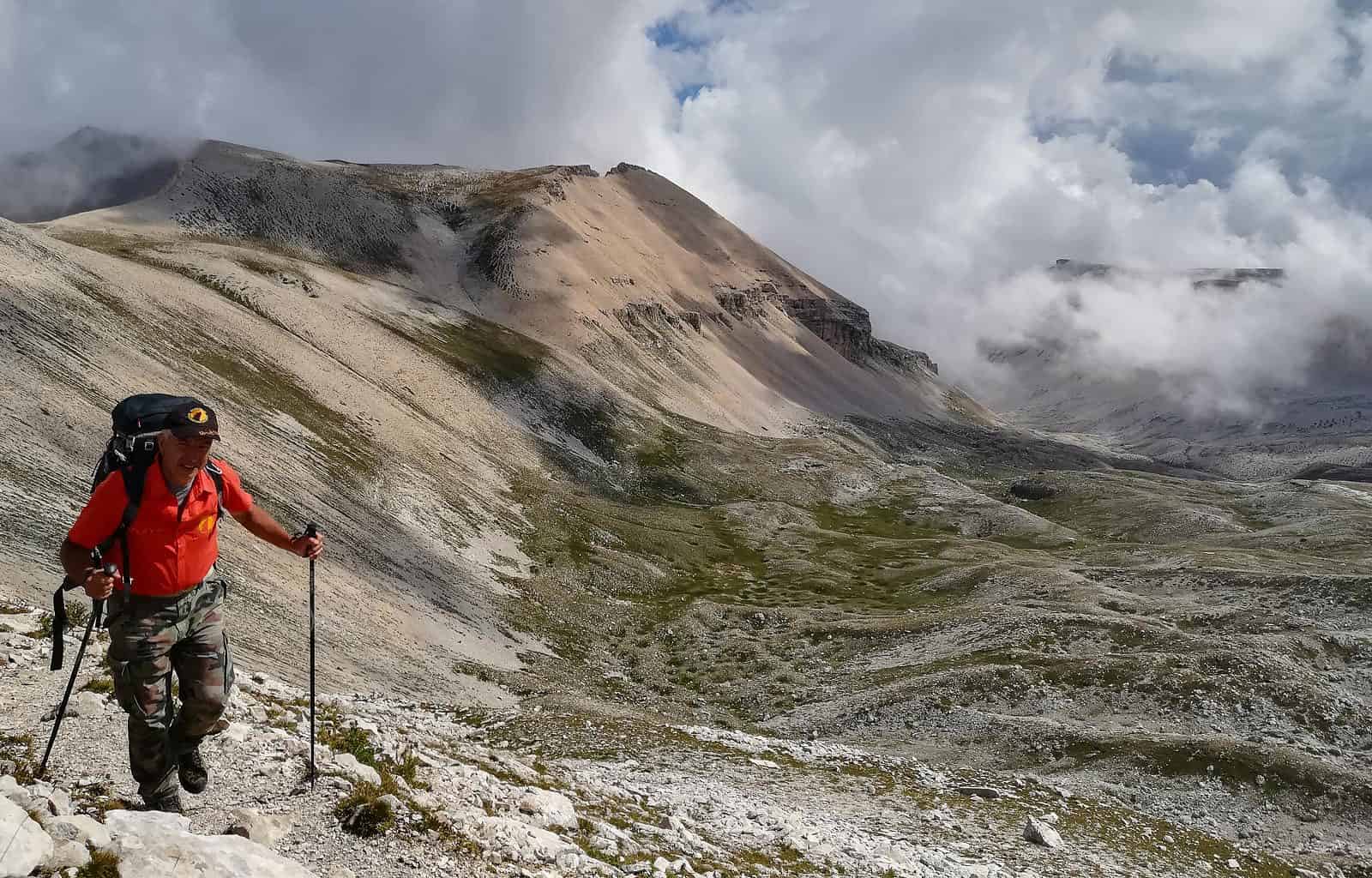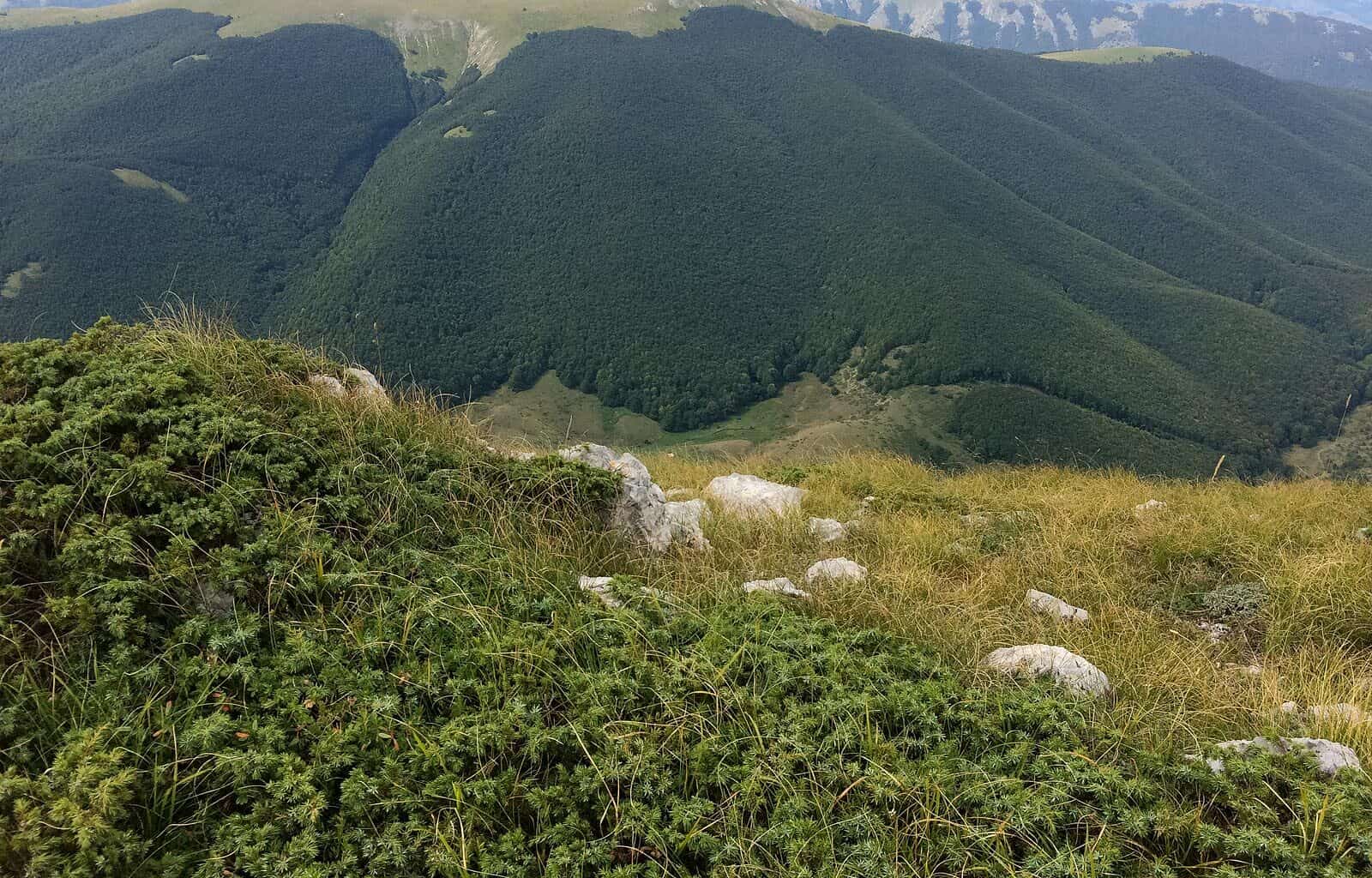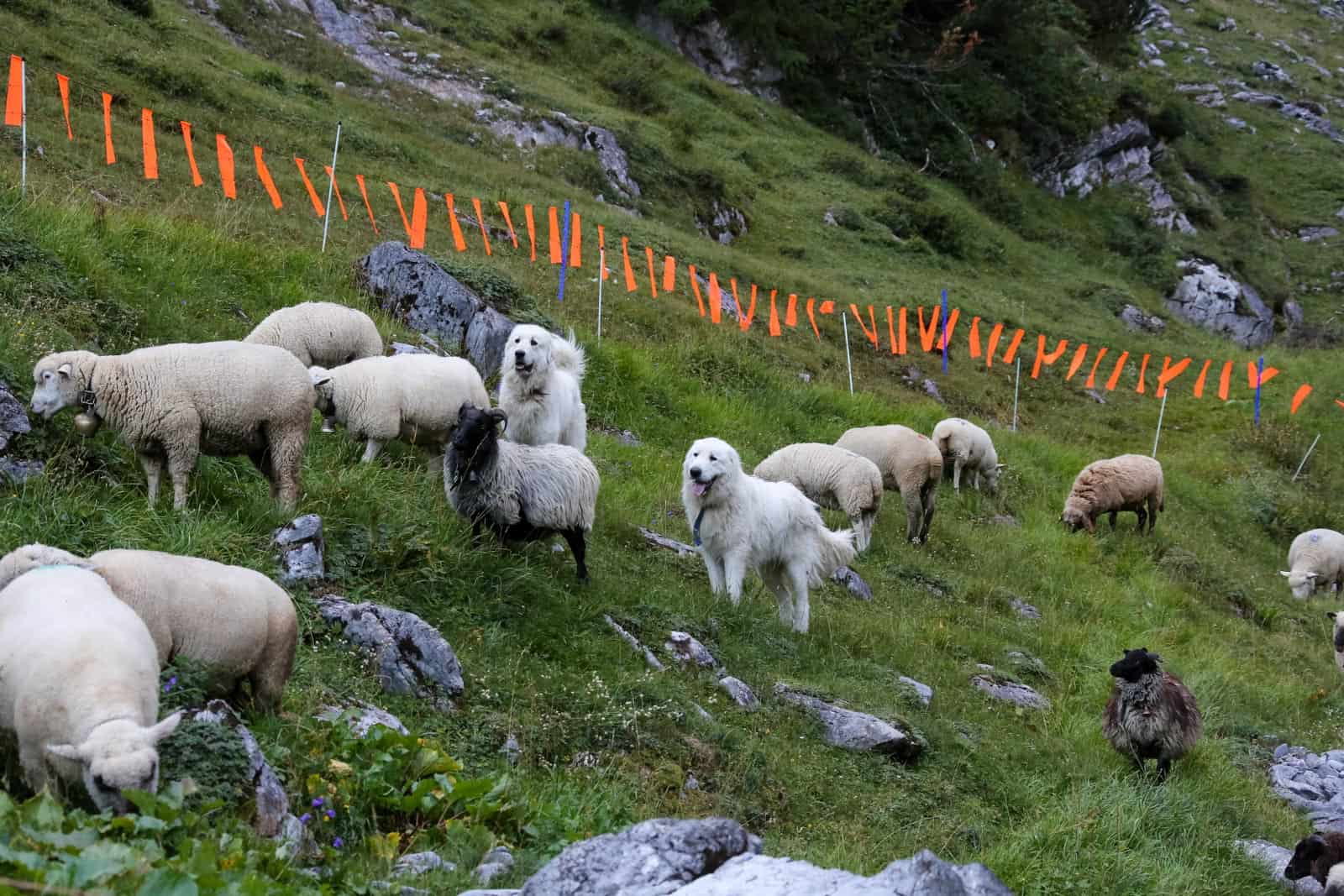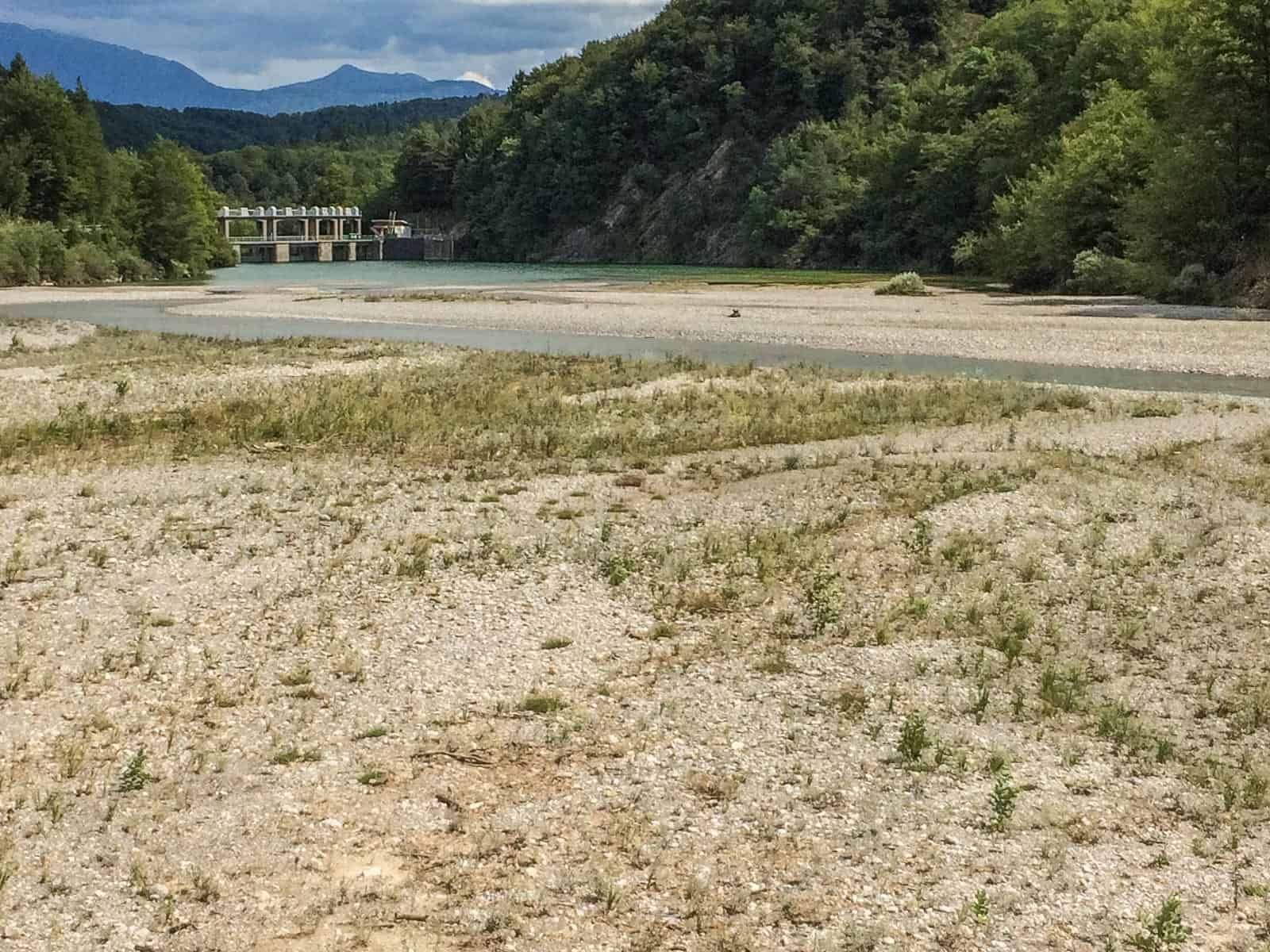Vote now: 27 European Natura 2000 finalists!
The European Commission has announced the 27 finalists for the 2020 European Natura 2000 Award. Read more about them and chose your favorite on the Award website. In fact, all of these finalist applications showcase success stories of the many different people working in Natura 2000 sites. Interestingly, the applications were submitted by NGOs, universities, municipalities, national administrations and businesses from 15 countries. Besides, they cover an array of issues from both marine and terrestrial Natura 2000 sites.
The public vote for your favorite Natura 2000 Award finalist is open now. You have until midnight on the 15th of September 2020 to vote for the finalist that you think deserves special recognition. Afterwards, the application which receives the most votes will be awarded the European Citizens’ Award.
Please also read: Natura 2000 Day: Success story with room to improve
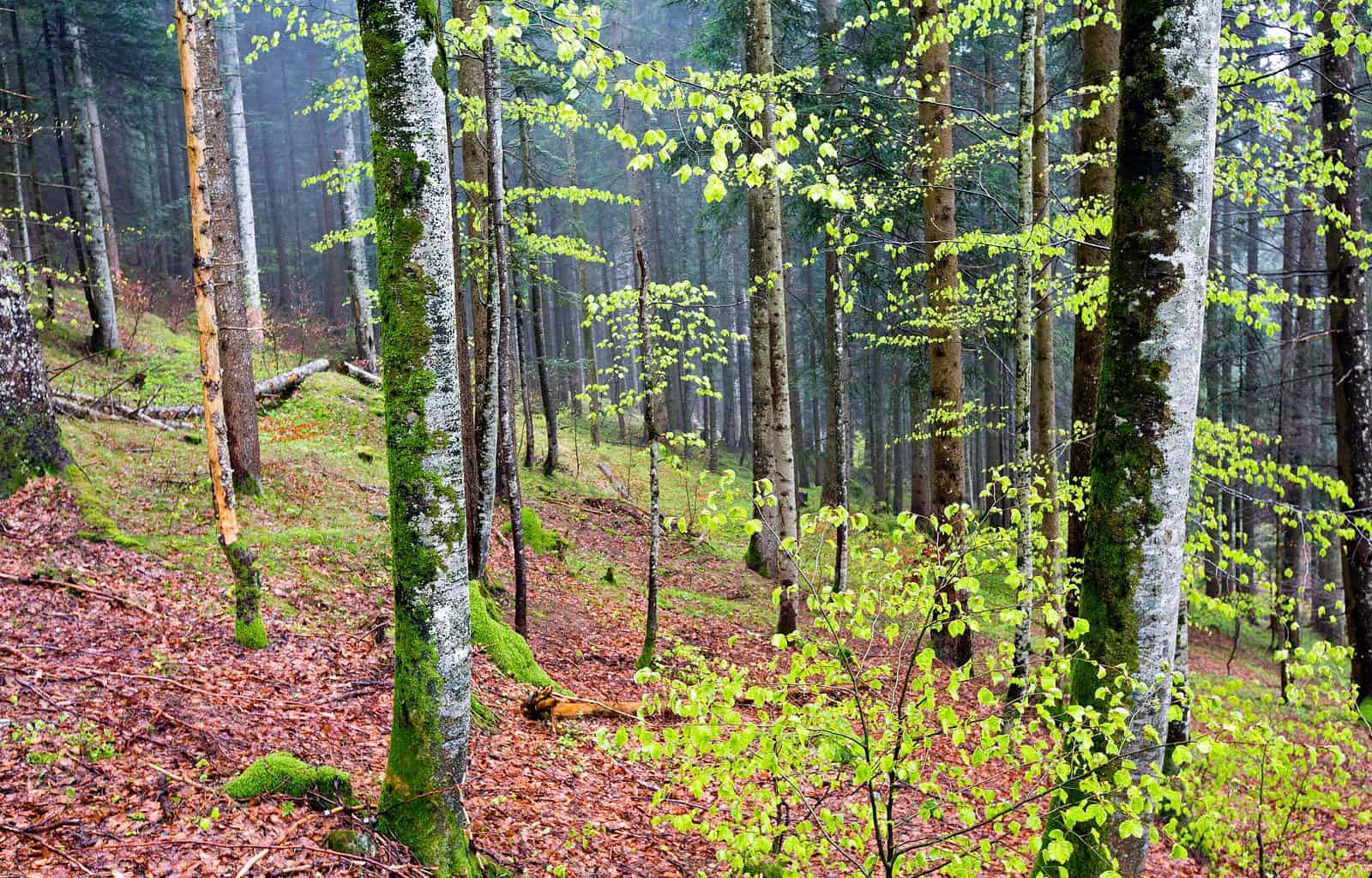
What is the Natura 2000 network?
The Natura 2000 network is an Europe-wide ecological network of nature conservation areas. All EU Member States have identified habitats of outstanding importance in their territory and designated them as Natura 2000 sites. These sites ensure the long-term survival of Europe’s most valuable and threatened species and habitats. They are also the centerpiece of the EU’s nature and biodiversity policy.
The network includes over 27 800 sites so far. The sites vary from wetlands to pine forests, from dry steppes to seas, from strict nature reserves to ecological farms. In total, they cover almost a fifth of Europe’s land area and nearly 10% of the surrounding seas. This, in turn, makes it the largest coordinated network of conservation areas anywhere in the world.
Every Natura 2000 site is unique, thus it is important to find individual solutions to local management issues. That requires close cooperation with local and national stakeholders. Natura 2000 recognizes that humans are an integral part of nature and that the two cannot function without one another. In this way, multiple stakeholders have a right to shape Natura 2000 sites – local governments and communities, landowners, developers, conservationists and any other interested parties.
What is the European Natura 2000 Award?
The European Commission has launched the annual European Natura 2000 Award in 2014. The aim of the award is to raise EU citizens’ awareness about the network. Equally important is to explain how it preserves Europe’s biodiversity, and how it benefits us all. The award honours excellence in the management of Natura 2000 sites and showcase the added value of the network for local economies. In addition, it celebrates all those who work hard to make their local Natura 2000 thrive.
The Commission will invite all finalists to the Award Ceremony in Brussels, where it will announce the winners of the five category Awards: Conservation, Socio-Economic Benefits, Communication, Reconciling Interests/Perceptions, Cross-Border Cooperation and Networking, and the Citizens’ Award. The six winners will then receive a trophy and a small financial prize. In addition, winners will receive financial support to organize an event in their country. This will allow them to promote their win and to raise awareness about their achievements.

We encourage you to read finalists’ stories and discover your favorite finalist for yourself! You can do it here.
However, we would like to highlight finalists, who work on the same topics as we do, hence doubling our efforts.
Pro-Biodiversidad: Shepherds as biodiversity conservators in Natura 2000
The NGO Fundación para la Conservación del Quebrantahuesos decided to help extensive sheep sector in rural north of Spain. For that, they’ve created a brand for selling sheep meat, that comes from small scale farmers who follow good conservation practices. This brand challenges industrial meat production, supports rural communities and conserves habitats that require grazing animals. In addition, they use livestock by-products to feed scavengers, such as vultures. This work is very inspiring to us, as we are just preparing to start our LIFEstockProtect work in the German-speaking region of the Alps.
Joint efforts for safe and wildlife-friendly transportation networks in the Carpathians
An international and interdisciplinary team of 16 partners from six countries (the Czech Republic, Romania, Austria, Hungary, Slovakia and Ukraine) is working together to solve issues of habitat fragmentation in the Carpathian Mountains. Through cross-border networking, the team is sharing experiences and best practices of environmentally-friendly road transport solutions. In addition, they stimulate discussion amongst public authorities, scientific institutions, NGOs, private businesses and international organizations. All these efforts are targeted at development and implementation of safe and environmentally-friendly road and rail transport solutions. The work they do in the Carpathians is very close to our project Interreg CE Centralparks. Similarly, we are aiming to reconcile nature conservation and local socio-economic development, as well as to better involve local communities in decision making in protected areas.
Partnership for protection of Bulgarian old-growth forests in Natura 2000
The Executive Forest Agency in partnership with WWF Bulgaria, the Association of Parks in Bulgaria and the Balkani Wildlife Society carried out extensive surveys to inventory old growth forests in state-owned forest habitats within Natura 2000 across Bulgaria. They then facilitated negotiations between logging companies, local authorities and conservationist to ensure that common agreement for protection of old grown forests would be achieved. After a long process of exchange, discussions and reviews, interested stakeholders agreed on the final list. There are a lot of old-grown beech forests in Bulgaria. Thus, it is important that as much as possible forest would be protected. We are glad that our projects’ Interreg CE BEECH POWER efforts are doubling with the help of this hardworking team.
LENA – Local Economy and Nature Conservation in the Danube region
WWF Bulgaria, in partnership with 12 other organizations, tackled the economic difficulties and depopulation linked to unemployment in the Danube region. The main objective was to create new nature-based business initiatives and to share know-how and experience on sustainable economic development. Therefore, sustainable forms of tourism, such as rural, cultural and culinary tourism, were supported through the establishment of a network of Danube guides. This project is similar to our “Clean Up Synevyr National Nature Park” funded by EOCA, where we focus on sustainable tourism, waste management and nature conservation in National Nature Park Synevyr.

